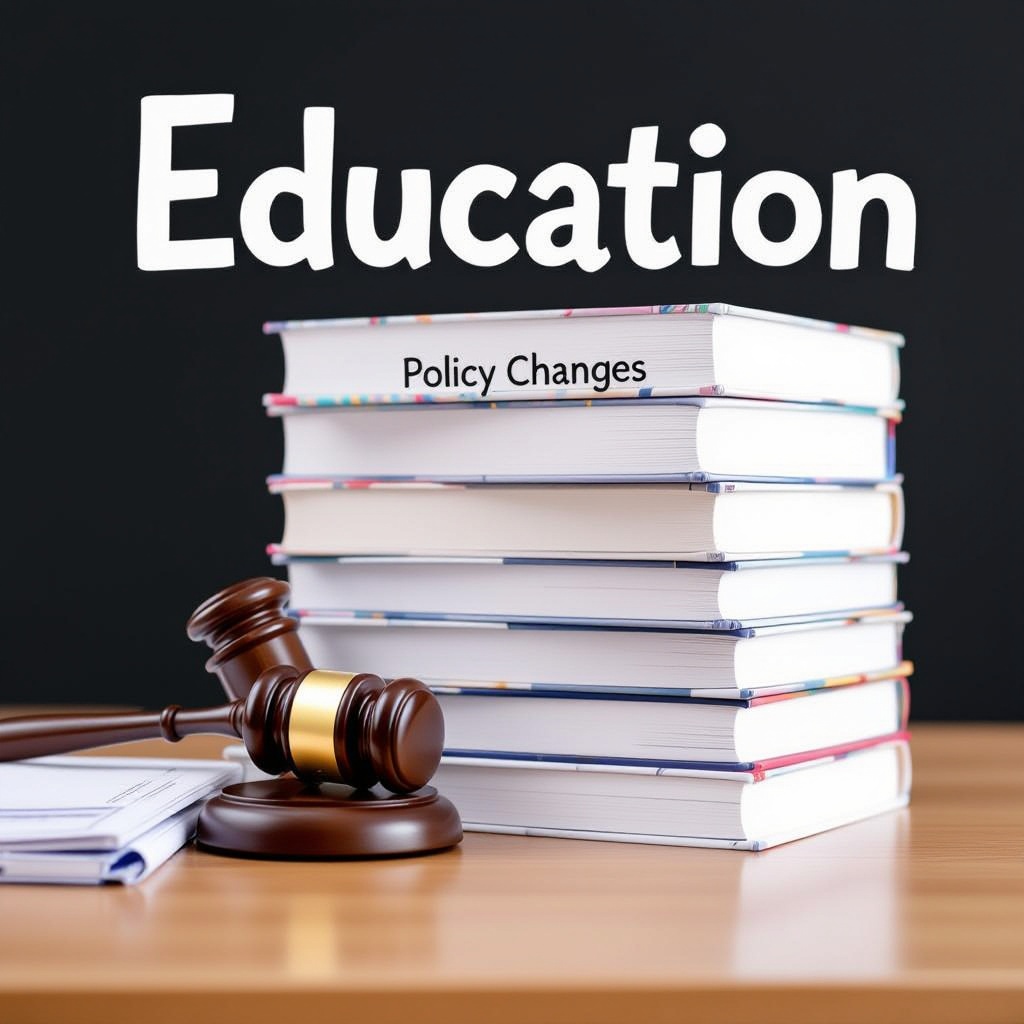The UAE Ministry of Education has announced a bold change for the 2025–2026 academic year by canceling centralized second-term exams. The focus will shift to continuous assessment through projects and regular assignments. This strategy aims to reduce student stress and encourage critical thinking with a more holistic evaluation of students’ skills and abilities. Key Takeaways Centralized second-term exams will be replaced with school-based evaluations for grades 1 to 12, promoting ongoing learning. This new model fosters critical thinking and eases student pressure by minimizing high-stakes exams. To excel under continuous assessment, students should stay organized, engage actively in classes, and seek feedback. Emphasizing digital skills, AI courses, and extracurriculars is crucial as they prepare students for future academic and career paths. Significant investments in teacher training and digital infrastructure are being made to support this educational shift across the UAE. UAE Exam Cancellation 2025: A New Era of Continuous Assessment The UAE Ministry of Education is bringing a significant change for the 2025–2026 academic year. All centralized second-term exams will be off the table. Instead, there’ll be a focus on continuous assessment where students from grades 1 to 12 will be evaluated based on ongoing school-based evaluations. This includes projects and regular assignments, ensuring a comprehensive look at a student’s capabilities. Now, the first and third semesters will still host those familiar centralized exams. But the second semester? It’s all about school-based evaluations. With this new approach, the aim is simple: cut down stress and provide a clearer picture of a student’s skills while promoting critical thinking. To make the most of these changes, embrace the ongoing projects and assignments. They might seem overwhelming initially, but they offer a chance to shine continuously. Make use of available resources like online libraries or educational forums—they’re goldmines for insights and ideas. Edutopia is a great place to start for innovative teaching and learning strategies. To streamline this transition: Stay Organized: Keep a planner to track your project’s milestones and deadlines. Participate Actively: Engage in classroom discussions as they might become key evaluative components. Seek Feedback: Don’t shy away from asking teachers for constructive criticism on your assignments. This shift lets students demonstrate their knowledge in varied ways, reshaping how learning and teaching happen in classes. Study Strategies for the New Evaluation Model With no midyear exams, students should tweak their study habits for year-round evaluation. Consistent learning and revision are now essential, making study planning and time management a big deal. Teachers will likely adjust their support and methods based on how students are progressing, so keep an eye on your learning journey. It’s vital to organize schedules for effective study habits: Complete assignments promptly to avoid piling up. Prepare portfolios or logs showcasing major achievements and feedback. This helps track progress and highlights accomplishments over time. Being proactive with assignments and maintaining detailed records of achievements will make it easier to stay on track and flourish under this continuous evaluation model. For tips on organizing your study schedules or improving time management, explore resources available on MindTools to keep your learning effective and stress-free. Leveraging New Resources: AI Curriculum & Extracurriculars The academic revolution of 2025–2026 is bringing exciting changes, with the introduction of a national AI curriculum and enhanced programs in sports and well-being. This reform is a significant step, with over 1,000 trained teachers ready to educate more than a million students in AI. Students should dive into AI and technology courses, which will not only broaden their skill set but also give them a competitive edge in the future. This shift isn’t limited to academics. Nine new public schools are being opened and over 47,000 laptops are being distributed to ensure students have the necessary resources. Participating in extracurricular activities can really help students develop a well-rounded skill set. Governments are investing heavily in both infrastructure and teaching quality, emphasizing a commitment to education. According to a report from TechCrunch, AI is transforming education globally, and the UAE is at the forefront of this transformation. Key Changes and Supporting Initiatives Starting August 25, 2025, both public and private schools in the UAE will implement significant educational reforms. These changes affect students from Grades 4 to 11, introducing new standardized tests in Arabic, English, and mathematics. These tests will supplement continuous assessments, offering a more comprehensive picture of student performance. Teachers play a crucial role in this transition. Over 23,000 have already been trained for these reforms, with another 23,000 in line for ongoing assessments to ensure they’re equipped for the changes. This investment in teacher training reflects a dedication to upskilling educators to better support students. To further support students, daily Arabic literacy sessions are being introduced for Cycle 1 students, fostering a foundation for future learning. For Cycle 3 students, new academic pathways are emerging to align education with career aspirations, such as those in STEM or humanities fields. These educational reforms aim to optimize school days and diversify assessment methods, ultimately enhancing student well-being and education. More information on the importance of standardized testing and pathways to STEM careers can be found on education.gov. With these initiatives, the UAE education system is empowering students with a richer, more adaptable learning environment. Preparing for Long-Term Success: A Holistic Approach It’s time to embrace the benefits of the new evaluation model in the UAE, envisioning a future that nurtures every aspect of student development. This shift gears students for a variety of academic pursuits and career opportunities, going beyond the traditional focus on high-stakes exams. Encourage both students and parents to view these changes as a path for personal and academic growth: Foster critical thinking skills, promoting curiosity and problem-solving. Enhance digital literacy, essential in today’s tech-centric world. Check how digital skills are transforming education on sites like edutopia.org. Cultivate well-rounded abilities that match modern educational ambitions, aligning with UAE’s forward-thinking vision for future generations. These changes, supporting a comprehensive skillset, align seamlessly with today’s education landscape. They’re not just about learning; they’re about adapting and
